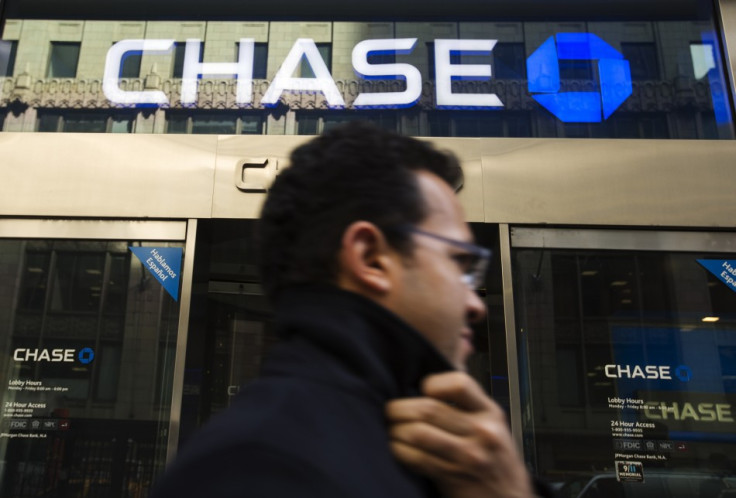Ferc Fines JPMorgan $410m for Power Market Manipulation

A US energy market regulator has fined JPMorgan Chase hundreds of millions of dollars for violating rules and manipulating the physical power markets.
Under the terms of the settlement with the Federal Energy Regulatory Commission (Ferc), JPM must pay $410m (£268m , €309m). The total settlement comprises a civil penalty of $285m to the US Treasury and a repayment of $125m in "unjust profits."
JP Morgan Ventures Energy Corporation (JPMVEC) has admitted to the facts in the agreement. However, it does not admit or deny the violations related to markets in California and the Midwest from September 2010 through November 2012.
The firm also agreed to waive claims for additional payments from the California Independent System Operator, according to Ferc.
The regulator found that JPMVEC engaged in 12 manipulative bidding strategies. JPMorgan was trading 0.5% higher in the pre-open session in New York on Tuesday.
The settlement follows a recent report that JPM would stump up around $1bn in total for power market price rigging.
Giving Money Back to Consumers
While the manipulation of the power markets may seem like a far-removed problem for consumers, the impact of an institution being found to have violated regulations could lead to a number of issues.
When many US states deregulated the power markets in the late 1990s, it led to a number of Wall Street firms trading electricity.
Buyers bid for electricity from power generators and then consumers or end-users would purchase it from their local utilities company. Power companies can sell wholesale energy at market-based rates, or cost-based rates, which are usually lower.
Earlier this month, Ferc ordered Barclays and four of its traders to pay $453m (£299m, €346m) in total fines for rigging physical electricity markets.
Ferc has also forced the British bank to cough up $34.9m in "unjust profits" and interest, following the US regulator's most wide-reaching market manipulation case to date.
Barclays also has 30 days to distribute the unjust profits to low-income aid programmes in four US states. Around 19% will go to Arizona, 63% to California and 9% each to Oregon and Washington.
However, Ferc and Barclays are set for a heated court battle as the bank insisted: "We have cooperated fully with the Ferc investigation, which relates to trading activity that occurred several years ago.
"We intend to vigorously defend this matter," a Barclays spokesman said in a media statement.
The civil penalties must be paid to the US Treasury within 30 days, otherwise an action will be filed in a US district court.
© Copyright IBTimes 2025. All rights reserved.






















